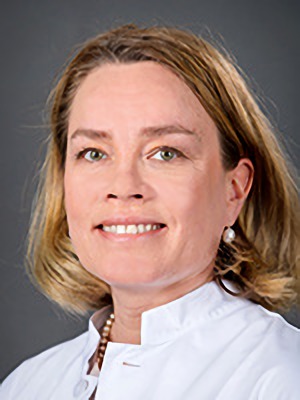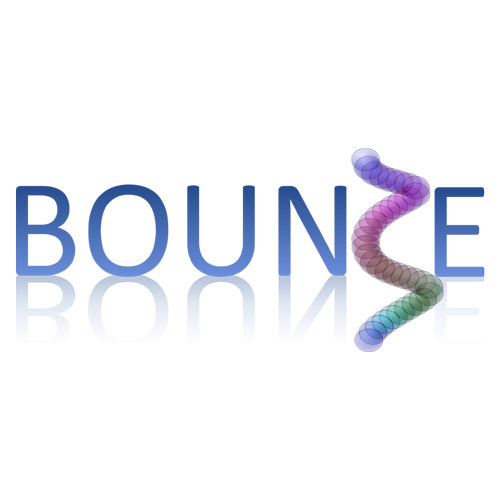The ultimate goal of the BOUNCE project is to provide adaptive decision-support algorithms and a digital tool to measure resilience of early breast cancer patients throughout oncological treatments and during the rehabilitation period. Optimally this would help clinicians to plan targeted psychosocial interventions customized to the needs of each patients at optimal timepoints during the course of treatment and recovery.
We are now just over the halftime of the project and an important milestone is reached since the 660 patients for the prospective clinical pilot study were recruited by December 2019. The interest and selfless dedication of participating women form the cornerstone of this study providing valuable information for the modelling of resilience and for developing the decision-support tool. In parallel with data collection, various stakeholder groups have been interviewed to develop a better understanding of how the decision-support tool could be implemented at hospitals and various other clinical environments and scenarios.
Many of the factors affecting resilience in breast cancer are common worldwide since they are related to personal and medical factors. In BOUNCE, we will also assess cross-cultural differences as participating centers vary from the public healthcare system of Finland to the hospitals of Southern Europe and Israel including also private hospitals.
Alongside resilience digitality is an important theme in BOUNCE as we are developing an IT tool for future use by clinicians but also as three out of four clinical study centers use the Noona tool for registering patient responses to various questionnaires and medical data. Noona was originally developed in Finland to support communication between patient and oncological professionals and to ensure timely reporting of oncological treatment side-effects-among other functionalities. Developing a massive questionnaire battery for Noona in several languages was a substantial effort in the beginning of BOUNCE and of course when developing something new some technical challenges have occurred. However pilot centers including the centers without any prior experience of Noona in Milan and Lisbon have used Noona without any major problems.
The first set of data, recorded at baseline (i.e., following cancer diagnosis but before the onset of oncological treatments) and after 3 and 9 months, is now being analyzed by our team statisticians and modellers, who are expected to report preliminary results as early as at the end of this month. Dissemination of study results will accelerate accordingly as BOUNCE experts will participate in several symposiums and conferences and start composing research reports for health psychology, psycho-oncology and medical informatics journals. During the next eighteen months the data collection in BOUNCE will continue as we will follow up participating women through their, hopefully successful, crucial recovery period. Longitudinal data to essential to facilitate mathematical modelling of individual patients’ trajectories throughout this challenging period. As more data become available, the modelling team will continue their work with predictive models of resilience. These models are incorporated into the BOUNCE platform where they can be implemented and tested for specific cases by the team’s clinicians.Alongside resilience digitality is an important theme in BOUNCE as we are developing an IT tool for future use by clinicians but also as three out of four clinical study centers use the Noona tool for registering patient responses to various questionnaires and medical data. Noona was originally developed in Finland to support communication between patient and oncological professionals and to ensure timely reporting of oncological treatment side-effects-among other functionalities. Developing a massive questionnaire battery for Noona in several languages was a substantial effort in the beginning of BOUNCE and of course when developing something new some technical challenges have occurred. However pilot centers including the centers without any prior experience of Noona in Milan and Lisbon have used Noona without any major problems.
By Dr Paula Poikonen-Saksela, MD, Helsinki University Hospital Comprehensive Cancer Center, Helsinki, Finland, BOUNCE Project Coordinator

Coping with breast cancer is a major challenge. Thus, it is necessary for health professionals to help patients increase their psychological resilience toward better and faster recovery.
The BOUNCE project will explore the factors that influence breast cancer patients’ resilience and their ability to resume a normal everyday life through cost-efficient clinical tools for patient empowerment.
BOUNCE develops and deploys advanced computational tools to validate indices of patients’ capacity to bounce back during the highly stressful treatment and recovery period following the diagnosis of breast cancer. Elements of a dynamic, predictive model of patient outcomes are incorporated in building a decision-support system to be used in routine clinical practice providing oncologists and other health professionals with concrete, personalized recommendations regarding optimal psychosocial support strategies.
